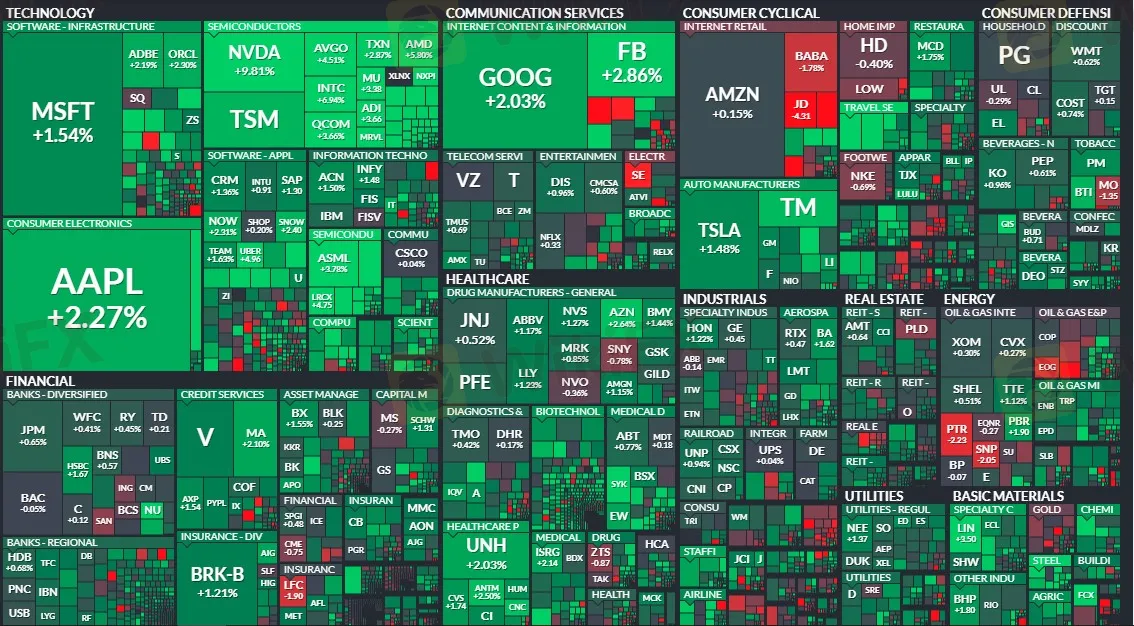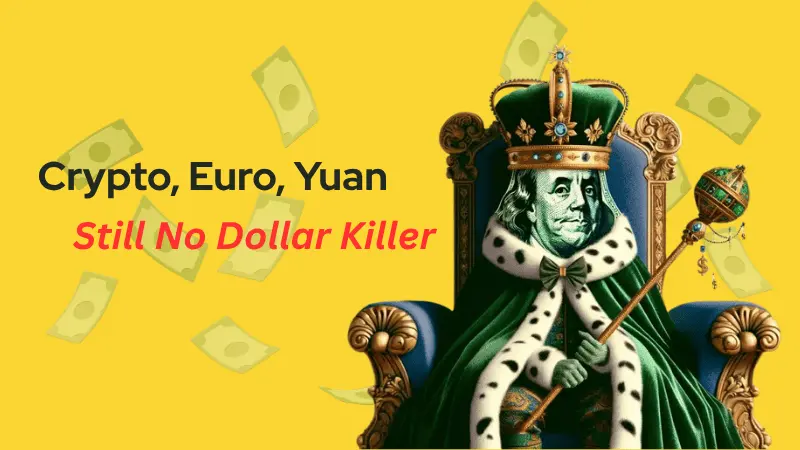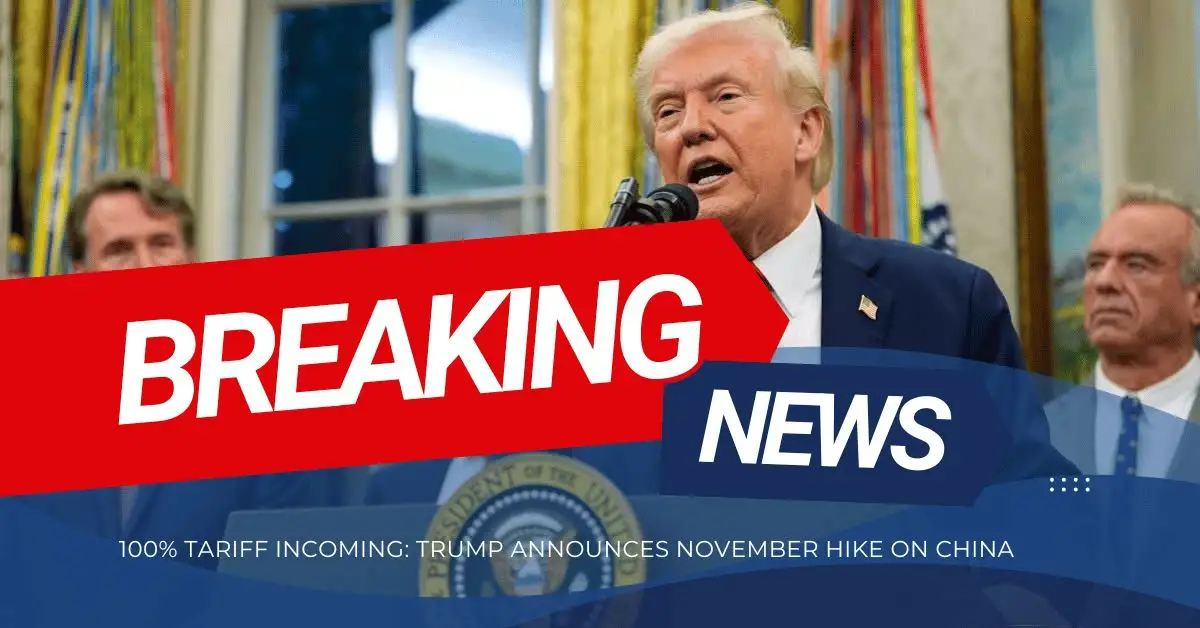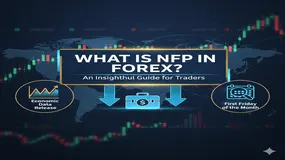Abstract:Energy entrepreneurs innovate. And the oil industry knows two speeds: boom and bust.
Saying, “higher gas prices will cause people to drive less,” seems logical.
But then what?
Well, people have to drive, so maybe they‘ll look for more fuel-efficient vehicles. They’ll complain to politicians, who will offer tax breaks to buy those vehicles. Oil company CEOs are hauled before Congress; OPEC is asked to drill more. Energy entrepreneurs innovate. And the oil industry knows two speeds: boom and bust. So theyll probably pump too much. Then prices fall, all while people own more efficient vehicles. Then maybe the suburbs become more popular – and people end up driving even more than before.
So who knows.
The point is that every event creates its own offspring, which impact the world in their own special ways.
Forecasting, “If this happens, then that will happen,” rarely works, because this event gives rise to another trend, which incentivizes a different behavior, which sparks a new industry, which lobbies against this, which can cancel that, and so on endlessly.
To see how powerful these chain reactions can be, look at history, where its easy to skip the question, “And why is that?”
Take the question, “Why are student loans so high?”
Well, in part because millions of people ran to college when job prospects were dim in the mid-2000s.
Why were job prospects dim?
Well, there was a financial crisis in 2008.
Why?
Well, there was a housing bubble.
Why?
Well, interest rates were slashed in the early 2000s.
Why?
Well, 19 hijackers crashed planes on 9/11 that spooked the Fed into action to prevent a recession.
Why? Well …
You can keep asking, why? forever. And when do so you get these crazy connections, like a terrorist attack leading to student debt a decade later.
Every current event has parents, grandparents, great grandparents, siblings, and cousins. Ignoring that family tree can muddy your understanding of events, giving a false impression of why things happened, how long they might last, and under what circumstances they might happen again. Viewing events in isolation, without an appreciation for their deep roots, helps explain everything from why forecasting is hard to why politics is nasty.
Japan‘s economy has been stagnant for 30 years because its demographics are terrible. Its demographics are terrible because it has a cultural preference for small families. That preference began in the late 1940s when, after losing its empire, its people nearly starved and froze to death each winter when the nation couldn’t support its existing population.
It was almost the opposite in America. The end of wartime production in 1945 scared policymakers, who feared a recession. So they did everything they could to make it easier for consumers to spend money, which boosted the economy, which inflated consumers social expectations, which led to a household debt boom that culminated with the 2008 crash.
No one looking at the last decade of economic performance blames Harry Truman. But you can draw a straight line from those decisions to whats happening today.
The Boeing 737-MAX crashed twice because it was hastily designed and the company was determined to avoid additional pilot training.
Why?
In part because Airbus surprised the industry with the A320neo and Boeing needed a quick answer to stay competitive.
Why did Airbus create the A320neo?
Because fuel prices were high in the mid-2000s and airlines demanded fuel-efficient planes.
Why were gas prices high?
Because the energy industry had a dearth of investment in the 1990s.
On and on, forever.
Two things happen when you appreciate deep roots.
One is forecasting humility. When you realize you can‘t connect one dot without a million other dots entering the picture, you realize how impractical it is to predict what the world will look like in the future. Nobody in 1997 predicted that low energy investment would directly lead to Boeing making faulty planes, but it’s what happened. No Japanese policymaker managing food supply in 1946 knew how his decisions would impact interest rates in 2022, but they did. The absurdity of past connections humbles your confidence in predicting future ones.
The other is a wider imagination. The craziest events – good and bad – happened because little events, each of which was easy to ignore, compounded. Innovation in particular is hard to envision if you think of it happening all at once. When you think of it as tiny increments, where current innovations have roots planted decades ago, its more believable – and the range of possible outcomes of what we might be achievable explodes.









